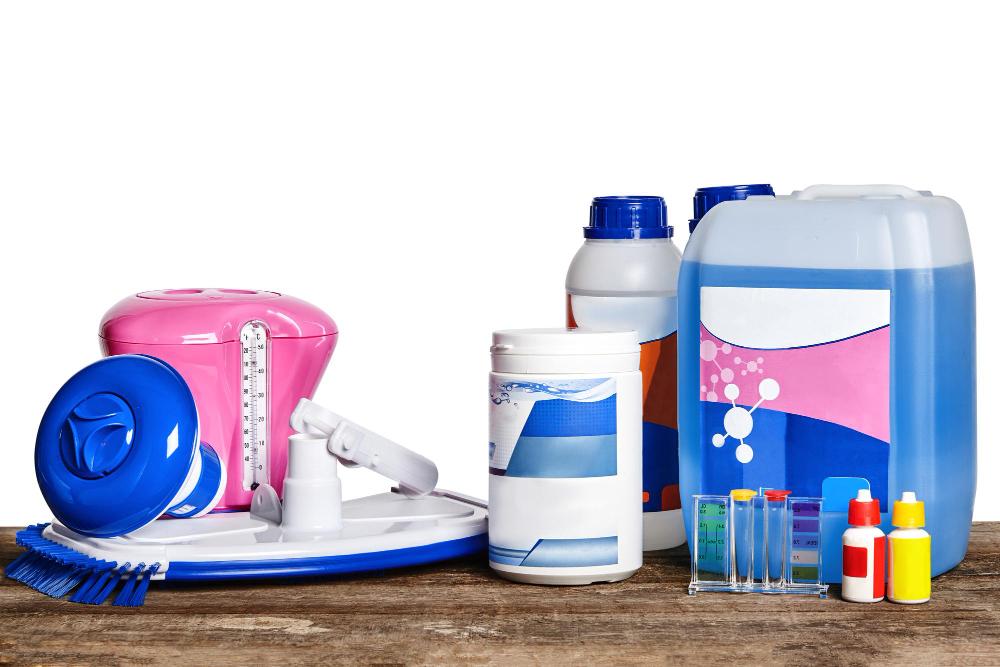Role of Detergent Alcohols in Eco-Friendly Detergents

Technological innovation is transforming the detergent alcohol industry, making production more efficient, sustainable, and adaptable to consumer needs. Traditionally, detergent alcohols were produced through petrochemical processes like the Ziegler and oxo methods, which relied heavily on fossil fuel feedstocks. However, growing environmental concerns and demand for eco-friendly products have driven research into greener production techniques.
One of the most significant advancements has been the development of bio-based production methods using renewable raw materials such as palm kernel oil, coconut oil, and other plant-derived feedstocks. Enzymatic catalysis and fermentation techniques are now being explored to reduce energy consumption and environmental impact during manufacturing. These technologies enable manufacturers to produce high-purity detergent alcohols with fewer byproducts and greater consistency.
Automation and process optimization are also enhancing efficiency in large-scale production. Advanced monitoring systems, data analytics, and AI-driven controls are being deployed to optimize yield, reduce waste, and improve quality control. These innovations not only lower production costs but also ensure that manufacturers can meet the stringent regulatory standards required for eco-labeled cleaning products.
Another area of technological progress lies in surfactant formulation. By experimenting with molecular structures, chemists are developing detergent alcohol derivatives that provide superior cleaning power, foam stability, and skin compatibility. For instance, new alcohol ethoxylates and sulfates derived from detergent alcohols are being designed for specialized applications such as baby care products, industrial degreasers, and environmentally friendly dishwashing liquids.
Sustainability remains at the heart of technological advancements. Companies are investing in carbon capture, renewable energy integration, and circular economy models to reduce the overall footprint of detergent alcohol production. Research into alternative feedstocks like algae oils and waste-derived lipids promises to diversify raw material sources and enhance supply chain resilience.
As competition intensifies, technological innovation will be the key differentiator in the detergent alcohol market. Companies that embrace advanced manufacturing processes, green chemistry, and digitalization will not only reduce costs but also align with the growing demand for sustainable, high-performance cleaning products.
- Art
- Causes
- Crafts
- Dance
- Drinks
- Film
- Fitness
- Food
- Jogos
- Gardening
- Health
- Início
- Literature
- Music
- Networking
- Outro
- Party
- Religion
- Shopping
- Sports
- Theater
- Wellness



